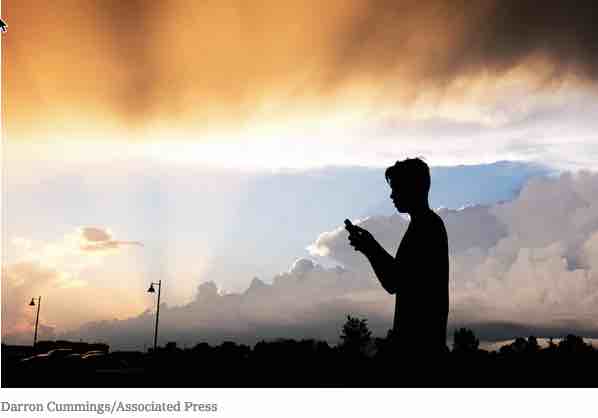The Instagram post looked strange to Amulya Panakam, a 16-year-old high school student who lives near Atlanta. In February, a friend showed her a sensational headline on her phonethat declared, “Kim Jong Un is personally killing soldiers who have Covid-19!” Of course, the news wasn’t real. “I was immediately suspicious,” Ms. Panakam said. She searched online and found no media outlets reporting the fake story. But her friends had already shared it on social media.
Ms. Panakam was startled by how often students “grossly handle and spread misinformation without knowing it,” she said. Yet media literacy is not part of her school’s curriculum.
So Ms. Panakam contacted Media Literacy Now, a nonprofit organization based near Boston that works to spread media literacy education. With its help, she wrote to her state and local representatives to discuss introducing media literacy in schools.




